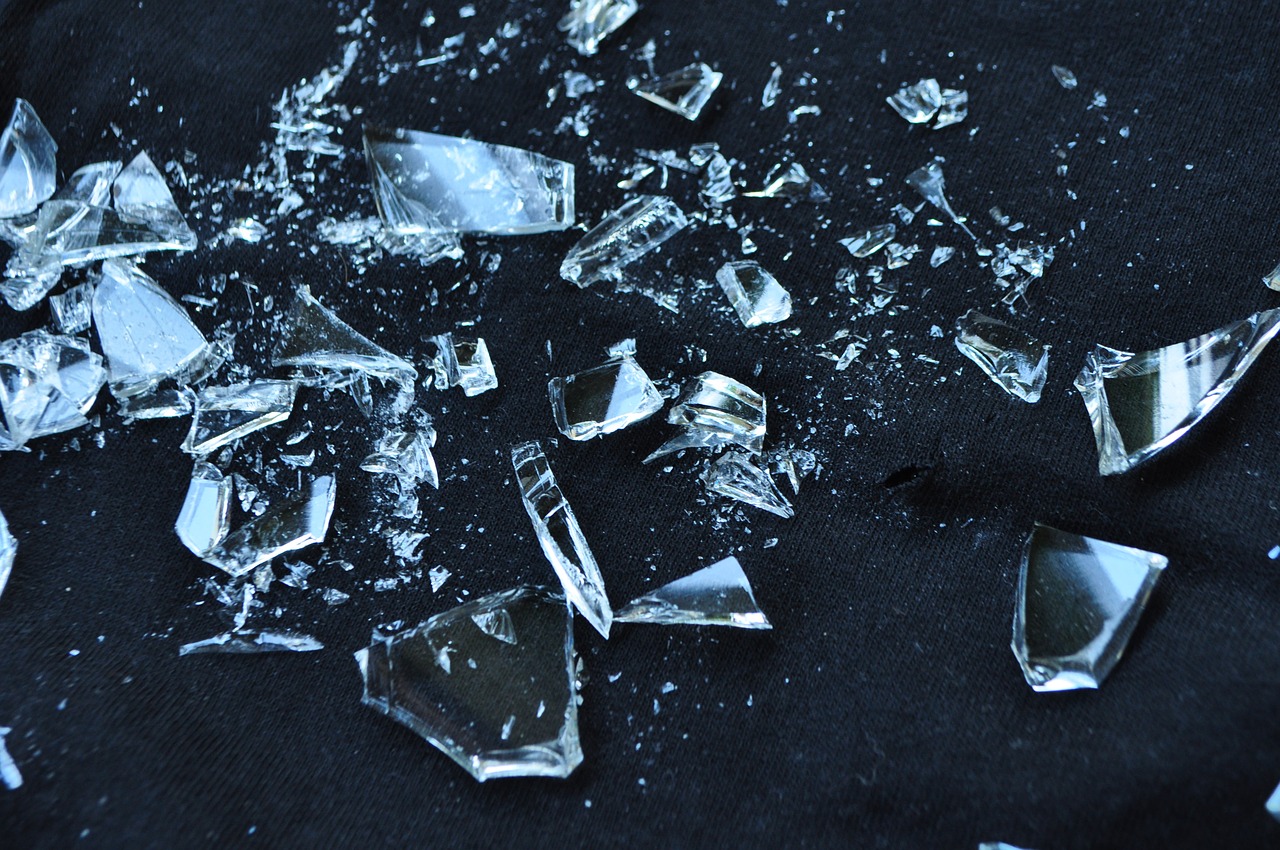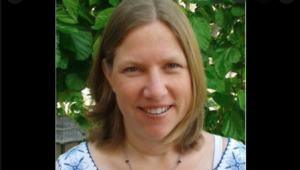
When Jews Carry Out a Pogrom
There was a pogrom on Simchat Torah.
Just a few short weeks ago, as I celebrated with my community in Jerusalem, and Jews around the world danced joyously with the Torah, the physical embodiment of our highest values—a pogrom.
And I am filled not with terror but with shame, and pain, and deep sadness.
Because this was not the familiar scene from throughout centuries in which Jewish women, men and children cowered in fear as fervent antisemites overran shtetls, desecrated synagogues, and violently attacked the defenseless Jews, while state officials at best looked away and at worst incited the rioters and enthusiastically rampaged alongside them.
Instead, it was dozens of Israeli Jews who assaulted a Palestinian village in the South Hebron Hills of the West Bank. They smashed cars, ransacked living rooms, and wounded at least twelve Palestinians—including a three-year-old who was hospitalized with a fractured skull—while villagers sat terrified in their violated homes. Israeli soldiers were present but did nothing to stop the attackers, and even arrested a Palestinian for throwing stones at those who invaded their village.

My shame, sadness, and pain are not directed primarily toward the mob that committed these acts of terror. I am devastated and enraged by the harm they caused Palestinians for the ostensible crime of steadfastly existing on their land, and they must be held personally accountable. But I also know that in every society there will be individuals who commit horrific violent acts.
No. My heartache is toward the rest of us who are deeply committed to Israel and the Jewish people.
I believe nearly every Jew I know, if they knew about this story, would condemn the perpetrators’ actions. We value kindness, justice, and morality. We are appalled by such acts of terror.
But most of us look at this and see a problem of individuals, who have distorted Jewish teachings to support their vile acts. And this ability to see only a “violent and dangerous fringe,” as Foreign Minister Lapid tweeted, allows us to distance ourselves from the perpetrators and evade any sense of complicity in their attacks. We enable ourselves to say, as Lapid indeed said, that “this isn’t the Israeli way and this isn’t the Jewish way.” We reassure ourselves that we are not to blame.
But we all share in the blame, and we are all responsible.
Because this story cries out to us to recognize that the issue is not a few extremists but rather our powerful and intertwined political, educational, military, religious, and social systems which enable and embolden the Jews who committed this hate-filled crime; which consistently reinforce the notion that the status quo in the West Bank, as harmful as it may be to Palestinians, is critical to maintain Jewish security; and which thereby allow us to feel justified in perfunctorily condemning these individuals and quickly looking away.
Our Jewish institutions in both America and Israel help cultivate a reality in which this can happen when we exclude or flatten Palestinian voices within our communal discourse, or worse, demonize Palestinians as the other, the eternal enemy, rather than striving to understand Palestinian perspectives and lived experience.
Our Jewish leaders help enable this behavior when we allow ourselves to be thrust into zero-sum, us-and-them narratives which perpetuate the idea that nearly anything can be justified for the professed sake of Israel’s security, rather than engaging with Palestinians as the people with whom we must learn to build a shared future in this land.
And our collective unwillingness to hold the Israeli government accountable on a systemic level enables such attacks by sending a clear message that we accept the ever-changing status quo in which the Israeli government and military are the sole sovereign authority over millions of stateless Palestinians, whose basic rights, dignity, and security are dependent on a state in which they have no voice and in which extremist Israeli Jews can act against them with near impunity.
Just one week earlier, Jews around the world recited the words of the Yom Kippur confession: “Ashamnu, bagadnu… we have trespassed, we have betrayed…” We stood as a people and declared our collective responsibility for sins that our fellow Jews commit, even if we ourselves never personally engaged in such acts.
It is far past time for those of us who support Israel with our voices, our time, our money, our votes, or our love to embrace our collective responsibility for addressing the harms in which we are implicated. Continuing to support the underlying systems that enable these devastating acts is to accept that they will happen again. We have the breathtaking privilege of living in an era with a sovereign Jewish state. That privilege brings with it extraordinary collective responsibility. We must all work proactively toward a future in which every inhabitant of this holy land – including both Jews and Palestinians—is able to live in security, in justice, and free of fear.



